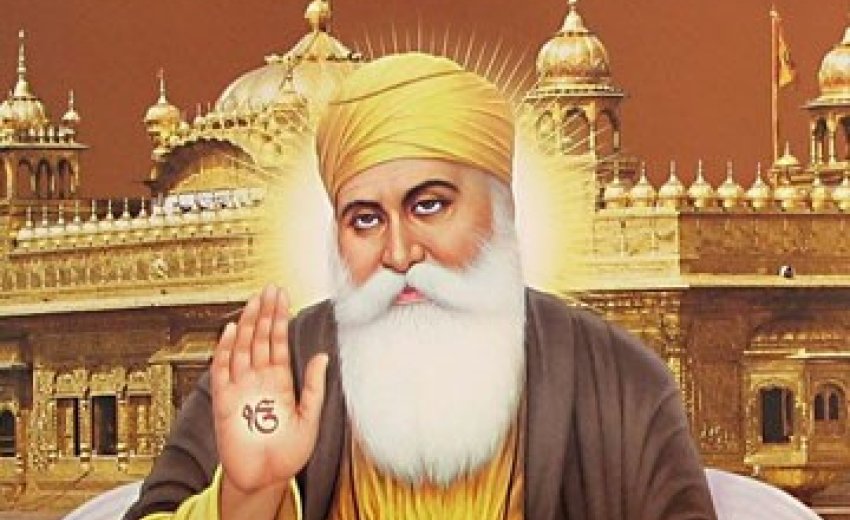Five hundred years after his passing, the teachings of Guru Nanak continue to inspire and guide his followers. Let's explore ten of his profound insights that remain relevant in our modern world:
Compassion for the Underprivileged
Guru Nanak's emphasis on helping the poor was revolutionary in the 16th century and remains crucial today as global poverty persists. A defining moment in his youth illustrates this principle: At age 12, when given 20 rupees by his father to start a business, Nanak instead purchased food and distributed it to those in need. Upon questioning, he declared this act of charity "true business." This event is commemorated by the Gurdwara Sacha Sauda, which continues the tradition of feeding the less fortunate.
The Oneness of Divinity
Nanak rejected the use of religion as a divisive force, famously stating, "There is neither Hindu nor Muslim." He advocated for the recognition of a single, universal divine presence. This belief is exemplified by an incident in Haridwar, where Nanak challenged the practice of offering water to ancestors. While others faced east to pour water towards the sun, Nanak turned west. When questioned, he pointed out the logical inconsistency, asking why, if the water could reach distant ancestors in the heavens, it couldn't reach his nearby fields in Punjab.
Gender Equality
In an era when many religious traditions restricted women's participation in spiritual practices, Guru Nanak championed gender equality. He welcomed women to join religious gatherings and openly express their devotion, a progressive stance that challenged prevailing societal norms.
Spiritual Growth in Everyday Life
Nanak taught that enlightenment need not be sought in isolation. He emphasized the importance of living a virtuous life amidst worldly challenges, stating, "Remember the essence of religion is meekness and sympathy, but a life of goodness and purity amid the world's temptations." Nanak himself exemplified this teaching by continuing to work as a farmer even after achieving spiritual enlightenment.
Overcoming the Five Vices
Guru Nanak identified five primary obstacles to spiritual and personal growth: ego, anger, greed, attachment, and lust. He taught that these vices are often at the root of suffering, particularly in the context of modern urban life.
The Importance of Spiritual Guidance
Nanak stressed the significance of finding a personal spiritual guide or mentor. He believed that living righteously under proper guidance was more valuable than undertaking pilgrimages or performing religious rituals without understanding.
The Virtue of Selfless Service
Selfless service was a cornerstone of Nanak's teachings. This principle is exemplified by the langar (community kitchen) at the Golden Temple in Punjab, which serves over 100,000 people daily, regardless of their faith. Nanak viewed such service not as a means to divine gain, but as a fundamental duty.
Challenging Superstition and Ritual
Throughout his life, Nanak questioned and opposed meaningless rituals, caste distinctions, and superstitious practices. He encouraged his followers to seek meaning and purpose by critically examining societal norms and discarding those that lacked substance.
The Beauty of Simplicity
Nanak's spiritual philosophy is notable for its simplicity and accessibility. It is distilled into three core principles:
Vand Chako: Sharing with others
Kirat Karo: Earning an honest living
Naam Japna: Constant mindfulness of the divine
The Value of Travel and Exploration
Nanak was a strong proponent of broadening one's horizons through travel. In contrast to many religious leaders of his time who rarely left their localities, Nanak undertook extensive journeys on foot, visiting places as diverse as Iraq, Ladakh, Tibet, and Saudi Arabia. These travels informed his universal outlook and teachings.
Through these ten principles, Guru Nanak's wisdom continues to offer guidance and inspiration, bridging the gap between ancient spiritual insights and contemporary life challenges.
*Based on an article by Kunal Anand, published in India Times on 11th June 2015
